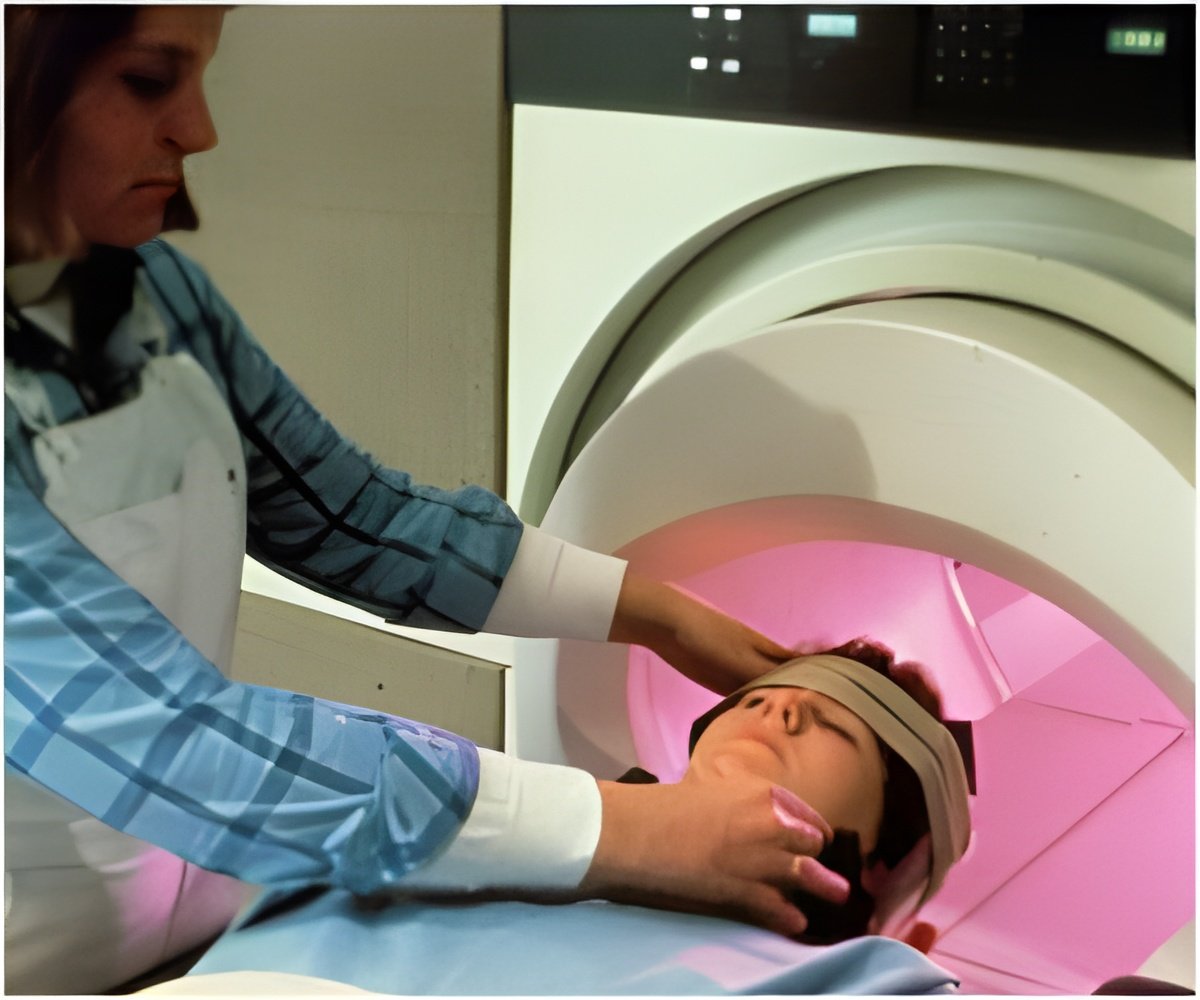
‘Simulator-trained medical students successfully transferred those skills to operating on cadavers and were faster than peers who had no simulator training.’
Tweet it Now
The study, led by Arun Nemani, MS, a PhD candidate at Rensselaer Polytechnic Institute in Troy, N.Y., evaluated the surgical proficiency of 19 medical students, six of whom practiced cutting tasks on a physical simulator, eight of whom practiced on a virtual simulator, and five of whom had no practice. "We plan on using these study findings to create robust machine learning-based models that can accurately classify trainees into successfully and unsuccessfully trained candidates using functional brain activation," Mr. Nemani explained.
The medical students who practiced on the physical simulator completed the task in an average of 7.9 minutes with a deviation (±) of 3.3 minutes. Those who used the virtual stimulator did the task in 13.05 minutes (±2.6 minutes) vs. an average of 15.5 minutes (±5.6 minutes) for the group that had no practice (p < 0.05).
Brain imaging measured activity in the primary motor cortex, located in the frontal lobe. The researchers found that the simulator groups had significantly higher cortical activity than the group that had no training.
"By showing that trained subjects have increased activity in the primary motor cortex when performing surgical tasks when compared to untrained subjects, our noninvasive brain imaging approach can accurately determine surgical motor skill transfer from simulation to ex-vivo environments," Mr. Nemani said.
Advertisement
Mr. Nemani said objectively determining if a surgeon in training has achieved the motor skills necessary to perform surgery before actually doing surgery in the OR is crucial. "Brain function-based metrics, which do not depend on subjective or inaccurate task performance metrics, may bring significantly more objectivity in surgical skill transfer assessment," he said.
Advertisement
Future research will expand to include other cortical areas associated with motor skill learning, such as the prefrontal cortex and supplementary motor areas, according to Mr. Nemani. "These next steps will help provide a comprehensive map on functional changes within the brain as surgical motor skill increases," he concluded.
Source-Eurekalert













